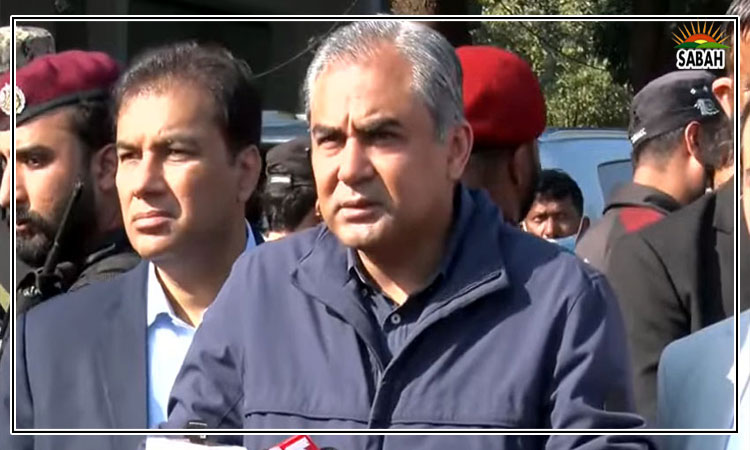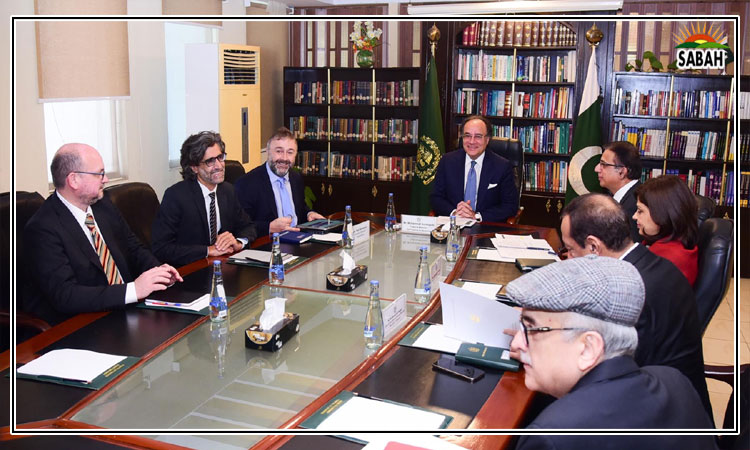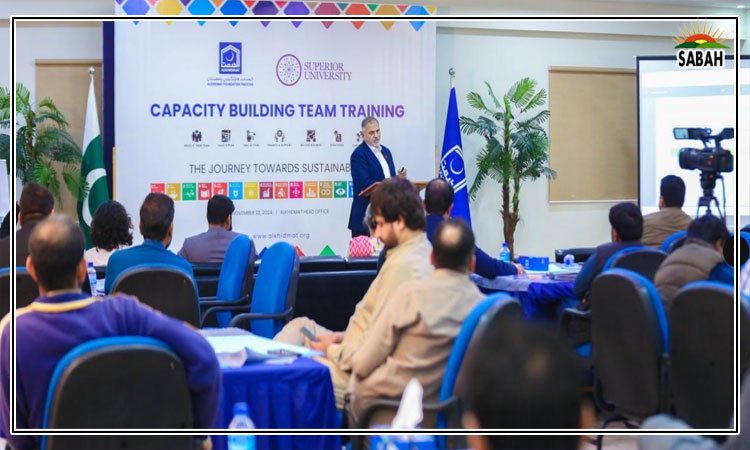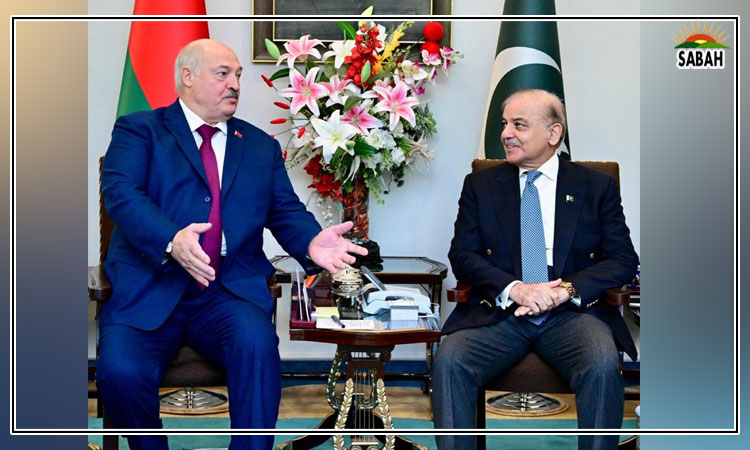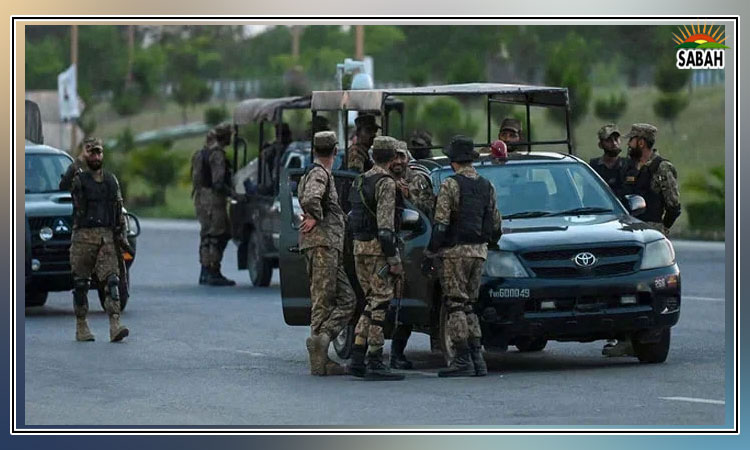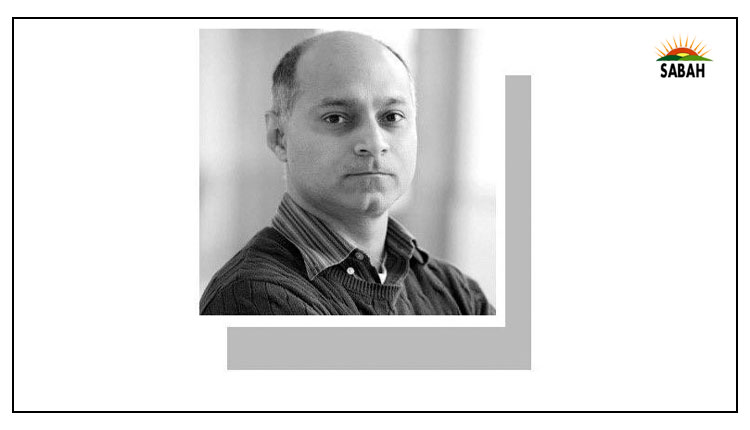Delaying elections…Khurram Husain
IT is a bad idea to try and delay the elections. It would be even worse if the attempt to do so were to actually succeed. The first victim would of course be the people, and their will as enshrined in the Constitution. The second victim, however, could well be the economy.
Some amount of stability is indeed returning to the economy, no doubt. Inflation has hit a plateau, the exchange rate is not gyrating, the fiscal and external deficits are contained, the foreign exchange reserves are trending downward ever so gently since July, and the slowdown in growth has bottomed out.
We have hit a floor it seems, and from here the way back to recovery is now clearly visible. Gone are the wild days of skyrocketing inflation, volatile exchange rate movements, massive interest rate hikes and the stop-and-go rides with the IMF reviews.
It is tempting to ascribe all this to the political set-up today. But this would be wrong. The hard-fought truce in the countrys battle with economic volatility has been months in the making. More specifically, it was the Stand-by Arrangement (SBA) announced by the IMF in the closing weeks of the previous government that began to steady the ship.
Steadfast implementation of the programme since then, and adherence to its targets, has helped bring about this stability. The end of the ferocious political competition unleashed upon the country after April 2022 has obviously provided the context within which these accomplishments could happen. But the political calm is not a direct cause in itself.
That honour belongs squarely to the macroeconomic performance the economy has seen since July. The single-most important feature of the macro performance is how growth has been all but extinguished, which has killed demand, depressed imports, and helped slow the erosion of foreign exchange reserves.
But here the good news ends. The period of stability is actually a very hard low-growth equilibrium the economy is settling into. In years past, when such stability was achieved on the back of an IMF programme, this sort of stability was seen as a period of intense pain. This time it does not appear as painful only because the preceding volatility was so bad that it makes any kind of stability look (and feel) good.
This period of calm is only there to build upon, not to settle down in.
So while the economy is treading water, keeping itself from going over the cliff of default that it had veered perilously close to only a few months ago, it is worth keeping in mind that this situation cannot be stretched out indefinitely. This period of calm is only there to build upon, not to settle down in.
The effort being expended to steady the ship is only part of what the rulers need to be doing right now. It takes a lot, undoubtedly. But they cannot become consumed only with this. Equally important is to think about, and set the stage for, what comes next. And the most important thing that comes next, which everybody who follows the economy with a clear mind knows, is yet another IMF programme.
All that the current SBA aims to do is arrest the deterioration that was taking the economy towards default. It does not reverse the direction, nor does it prepare the ground for growth. Consider one indicator to get an idea of this.
The Net International Reserves are a key indicator for measuring the ability of an economy to meet foreign currency requirements after all its debt-service obligations have been paid. In all Fund programmes, raising the NIR is a key objective.
Usually when Pakistan signs onto a Fund programme, NIRs are negative, meaning the country owes more in debt-service payments in the coming one year than it holds in foreign exchange reserves. The programme is designed to first lift this number to zero, and then bring it into positive territory by the programmes end.
When the programme began, NIRs stood at a negative $14 billion. By June 2024, these are expected to be negative $11bn. Thats a $3bn improvement in the net position of the countrys foreign exchange reserves. But in the year after that, the projection is for NIR to rise to negative $5.4bn, and rise continuously and sharply every year after that till they break above zero in 2028. That is when we can say the economy is in the clear.
The real adjustments actually begin after this programme ends. They will be part of the next programme that will need to be signed almost immediately after this one finishes. And it will take up to 2028 before we can say the economy has recovered from the sharp and intense period of mismanagement it has seen virtually uninterrupted since 2017.
What made 2017 special? It was primarily this: the country has been under temporary, glorified caretaker governments ever since. The resultant political firestorms, and the intense need to shore up public support, meant nobody was willing to do what was required to stabilise the economy and prepare it for genuine growth of the sort that actually lasts, not the short-lived kind that Imran Khan gave us for less than two years and declared it as his signature success.
Delaying the elections now will interrupt this entire timeline. The present rulers, and as everyone can see the country is being run by the establishment these days, might feel they are uniquely responsible for bringing about this stability, and only they can ensure its continuity. But this is a mistaken impression.
What has brought this stability is steadfast implementation of a Fund programme. And what can ensure its continuity is a government with a lawful mandate for the longer term. This government must own the moment that begins after the SBA ends. And only an election, held sooner rather than later, can give us that.
Courtesy Dawn


